Helpful Information
Daniel Laney works with local government and nonprofit organizations to provide veterinary supplies, basic tools, and best practices training to local herders. Through the registered nonprofit Fair Trade
Read more »
The California Mastitis Test (CMT) screens for possible mastitis infections. It works well for goats, but the interpretation information is for cows, not goats. _x000D_
_x000D_
The CMT reagent reacts
Read more »
Goat temperature? _x000D_
102 - 103 degrees F._x000D_
_x000D_
A goat's normal temperature is 102 F to 103 degrees F. If you have a sick goat, the first thing you should do is take its temperature. If
Read more »
Over the years, our customers have sent in hints about all aspects of keeping goats. Below we share with you some of the most helpful ones we've received._x000D_
_x000D_
Read more »
Ketosis is a metabolic ailment. It can hit a doe suddenly during the last month of pregnancy and kill her in a day or two if you don't recognize the symptoms and start treating her immediately .
Read more »
Lice can be serious skin parasites. If a goat scratches, it probably has lice. Some goats are more susceptible to lice than others. Often the single emaciated kid in a pen has a huge load of body lice.
Read more »
You can make butter without a cream separator or mechanical churn. _x000D_
_x000D_
Put fresh milk in wide-mouth quart jars in the refrigerator. The next day, skim off the cream that has risen, and do
Read more »
Slowly heat a gallon of milk to 185 degrees F, using a stainless steel or enamel-ware pan (not aluminum). Add 1/4 cup vinegar. Keep the temperature at 185 degrees F, stirring the milk occasionally, for
Read more »
Milk fever appears just prior to kidding. It is a result of a lack of calcium as she gears up for milk production. Symptoms may include a staggering or wobbly gait, or the doe may just "go down." While
Read more »
Some exceptional does produce seven or eight quarts of milk a day when they're fresh. Other does have nice personalities or spots, but the best they can milk is less than three quarts a day in peak production.
Read more »

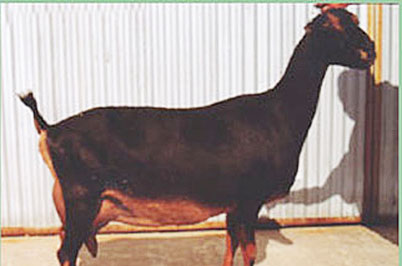
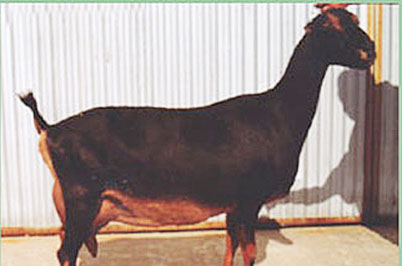


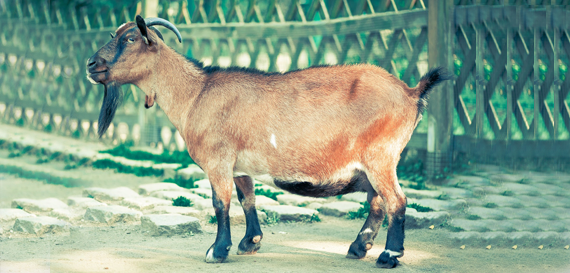
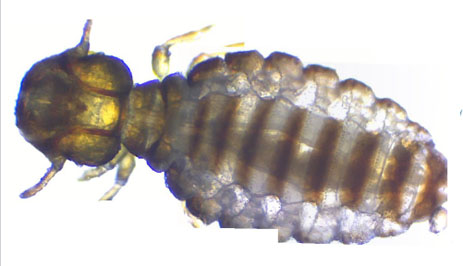
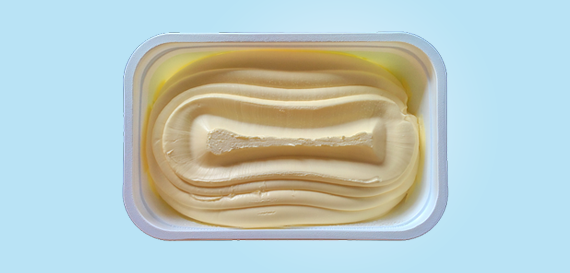
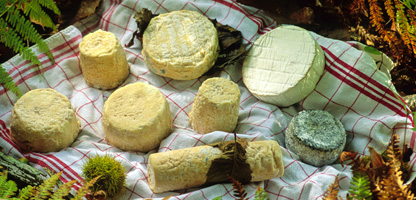







Log In